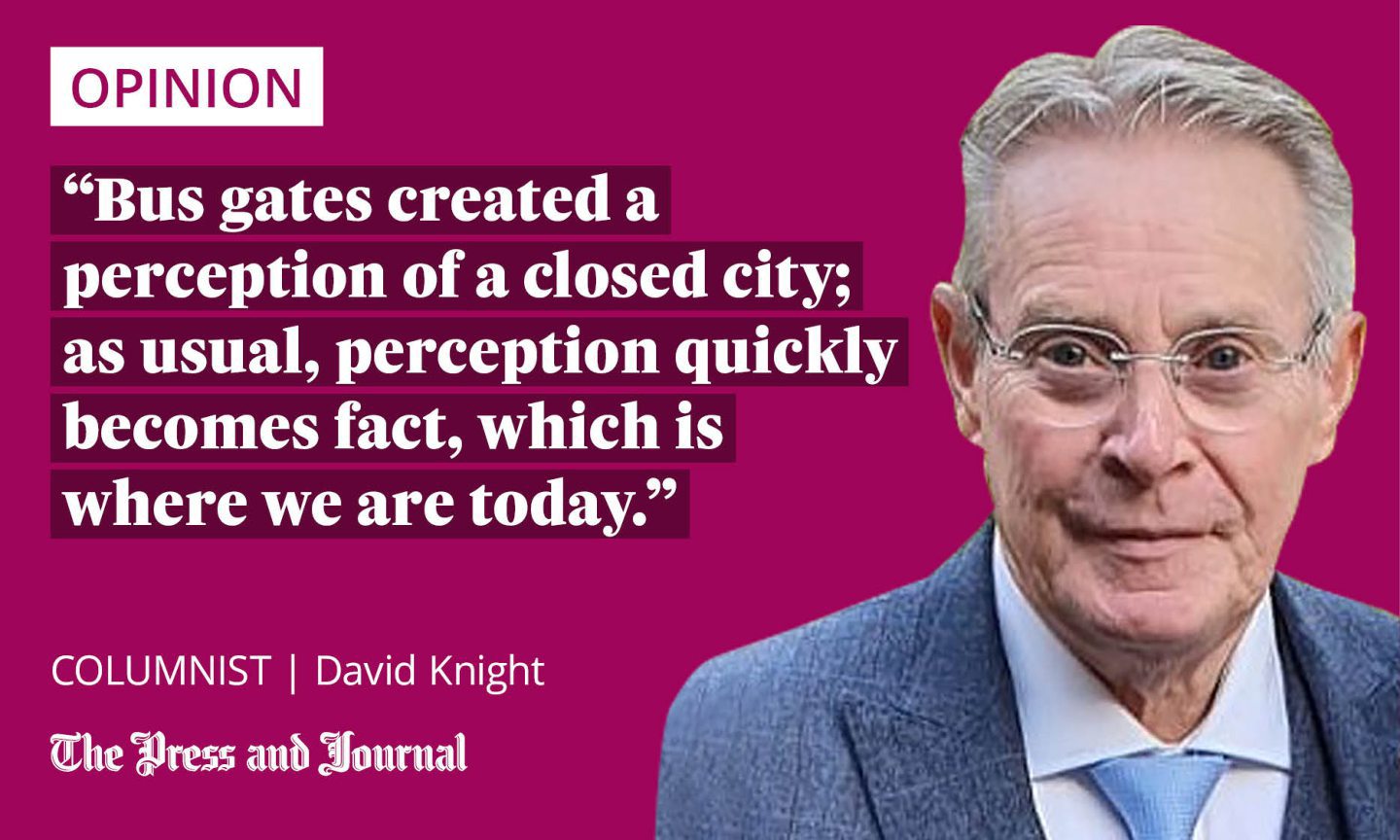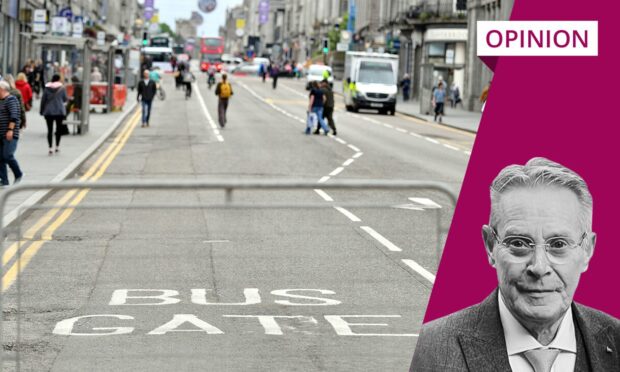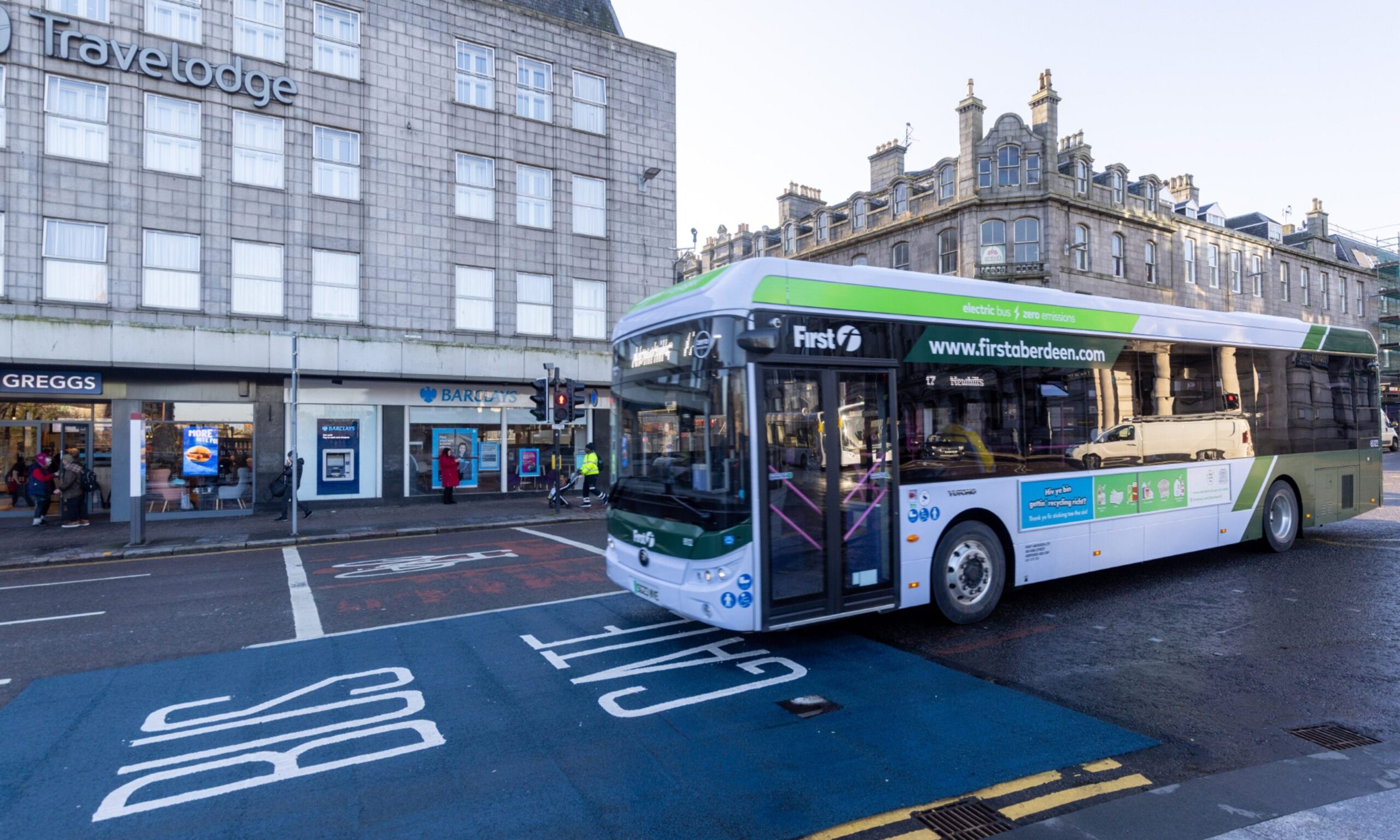There’s a nice, sunny, Spanish town where I like to sit and watch the world go by.
On an outside table in a bit of shade, with coffee and churros for breakfast.
It’s busy with tourists, but they are still outnumbered by locals going about hectic daily lives.
It’s called Arroyo de la Miel, which translates as “Honey Stream”. A delicious, dreamy kind of name which makes you want to stretch out on the nearest sunbed.
From my vantage point at Cafe Antonio, I was opposite the train station, bang in the middle of town. Both establishments sit either side of a main road, which snakes through from Malaga.
People flock in – by car, bus, taxi, train and on foot – to a town teeming with small, independent businesses, and hardly a boarded-up unit in sight. Or to visit open-air markets, and watch street parades to mark special occasions.
All live side by side in harmony; the authorities just seem to let everyone get on with it and find a level of coexistence which suits all needs.
There’s not a bus gate to be seen. Free access right into and around the town centre – quite clearly the much-loved beating heart of this community.
Traffic restrictions are minimal, with occasional light touches from the Policia Local, and free or cheap parking plentiful.
It’s thriving; everything just flows – natural rhythm rarely interrupted.
So, why is Aberdeen city centre choked to death by bus gates and other serious road disruptions?

Don’t run away with the idea that everything is perfect in southern Spain, or that it’s all mañana, mañana (don’t worry about tomorrow). Heads aren’t in the sand on the beach: a huge climate-change warning on the side of the town hall translates roughly as “the end of the world is nigh” – if locals don’t act.
It’s a region gripped by severe drought, with draconian local authority bans on swimming pools, hoses and car washes. But they seem to accept there has to be a sensible balance to protect the local economy, first and foremost.
Compare that with Aberdeen council bosses who faced a deluge of a different kind: from businesses sick of the hated bus gates.
We might be forgiven for thinking they built a bypass around a place called Common Sense, sticking grimly to their task despite warnings that gate-ideology was overtaken by other economic pressures and crises, now rendering it inappropriate.
The only discernible “benefits” are the buses running on time (gee whiz) and that the council created a lucrative new tax to rake in millions in fines on its citizens who are caught in the traps.
Far from allowing businesses to flourish, city leaders stand accused of tying a noose around their necks. Several have gone bust already – blaming the gates for driving customers away.
Council could push gates through with scant public consultation
As the day dawned last week on the date for councillors to decide whether to make the gates permanent, hundreds of complaints lay on councillors’ desks from businesses and residents calling for the hated “experimental traffic orders” to be scrapped for good.
I prefer to call them “detrimental traffic orders”. They created a perception of a closed city; as usual, perception quickly becomes fact, which is where we are today.
Pushing ahead unflinchingly with ideological projects – such as this, to control the fundamental way in which people move around the city centre – only succeeds with the support of the people, which was severely lacking here.
I remember a council boss telling me privately that the biggest bugbear about running a local authority was dealing with meddling councillors. They could have added the public, too, judging by this fiasco.
These orders meant council officials could push the gates through with scant public consultation, by only offering to evaluate criticism when they were up and running. Too late, of course – the bus had gone.
A democratic deficit
Lack of public consultation is dangerous and inadvisable, which is presumably why Transport Scotland says these types of orders are rare. It leaves a democratic deficit which is seriously lacking, and performs a disservice to the public.
An erosion of local democracy is a warning about what can happen when too much power is placed in the hands of faceless bureaucrats not answerable to the public.
A huge body of public opposition is struggling to make itself heard, even in the supposedly democratic forum of the town house
A huge body of public opposition is struggling to make itself heard, even in the supposedly democratic forum of the town house. Meanwhile, councillors tinker, dither and delay a final decision for a few weeks.
Far be it from me to suggest the council is some sort of tinpot fascist dictatorship; that would be laughable, silly and just wrong. But I’m reminded of Mussolini: “The State is absolute, individuals are relative.”
The council is at a crossroads – not just where the bus gates converge, but as to whether irreparable damage is being done to its relationship with the people.
David Knight is the long-serving former deputy editor of The Press and Journal


Conversation